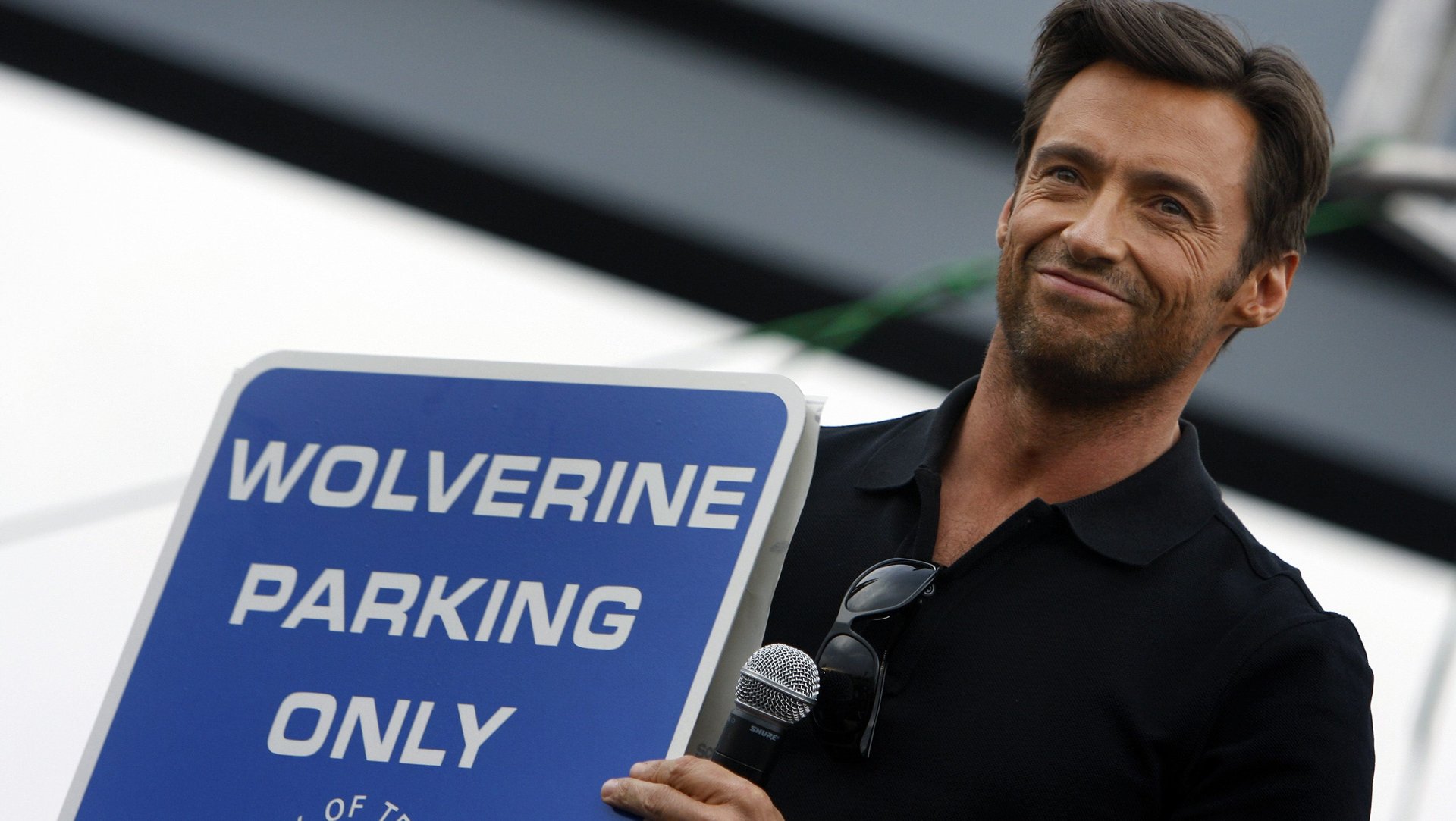An X-Men series is in development because TV won’t stop until every superhero has a show
In our heroes, we put our hopes and dreams. We see in them our most ideal selves; we are comforted by their presence. Perhaps that’s why there are so many of them.


In our heroes, we put our hopes and dreams. We see in them our most ideal selves; we are comforted by their presence. Perhaps that’s why there are so many of them.
Fox announced yesterday (July 12) that it’s working on a TV series set in Marvel’s X-Men universe, in which a family goes on the run when they discover their children possess mutant powers. There’s no word on which recognizable X-Men superheroes will appear in the show, but rest assured—there will be many.
Just five years ago, this would have been big news. When Smallville, the CW’s pioneering series about a young Clark Kent, ended in 2011, there were practically no shows about superheroes to fill the void. It seemed as though a major chapter in the history of superheroes on TV had ended. But it was not so. The show’s death marked the beginning of a new chapter, one in which superheroes would come to completely dominate the small screen.
In the years since, the superhero genre has become the new police procedural. Every year there are more and more superhero series. Some of which, like Netflix’s Daredevil and ABC’s Agent Carter (which was cancelled this year), are good. But several are not. The genre has come to embrace mediocrity over creativity and comfort over risk-taking—hallmarks of the police procedural dramas that have populated airwaves for decades.
We’ve already seen the proliferation of superhero content on film, and now it’s happening on the small screen. In 2017, there will be six mainstream Hollywood superhero movies, including yet another iteration of Spider-Man, another Thor sequel, and DC’s Justice League. Meanwhile, there will likely be more than two times that many superhero TV series next year across broadcast networks, cable channels, and streaming services.
The police procedural isn’t yet a relic of a bygone era (CBS alone airs nine police dramas), but it’s beginning to give way to what could ultimately be its successor, the superhero. Diverse audiences—millennials in particular—are comforted by the existence of shows about their heroes. That’s what feels familiar to them, not shows about police stations, or courtrooms, or histrionic hospitals. Those popular tropes won’t go away, but they’ve been joined by another in tights and a cape.